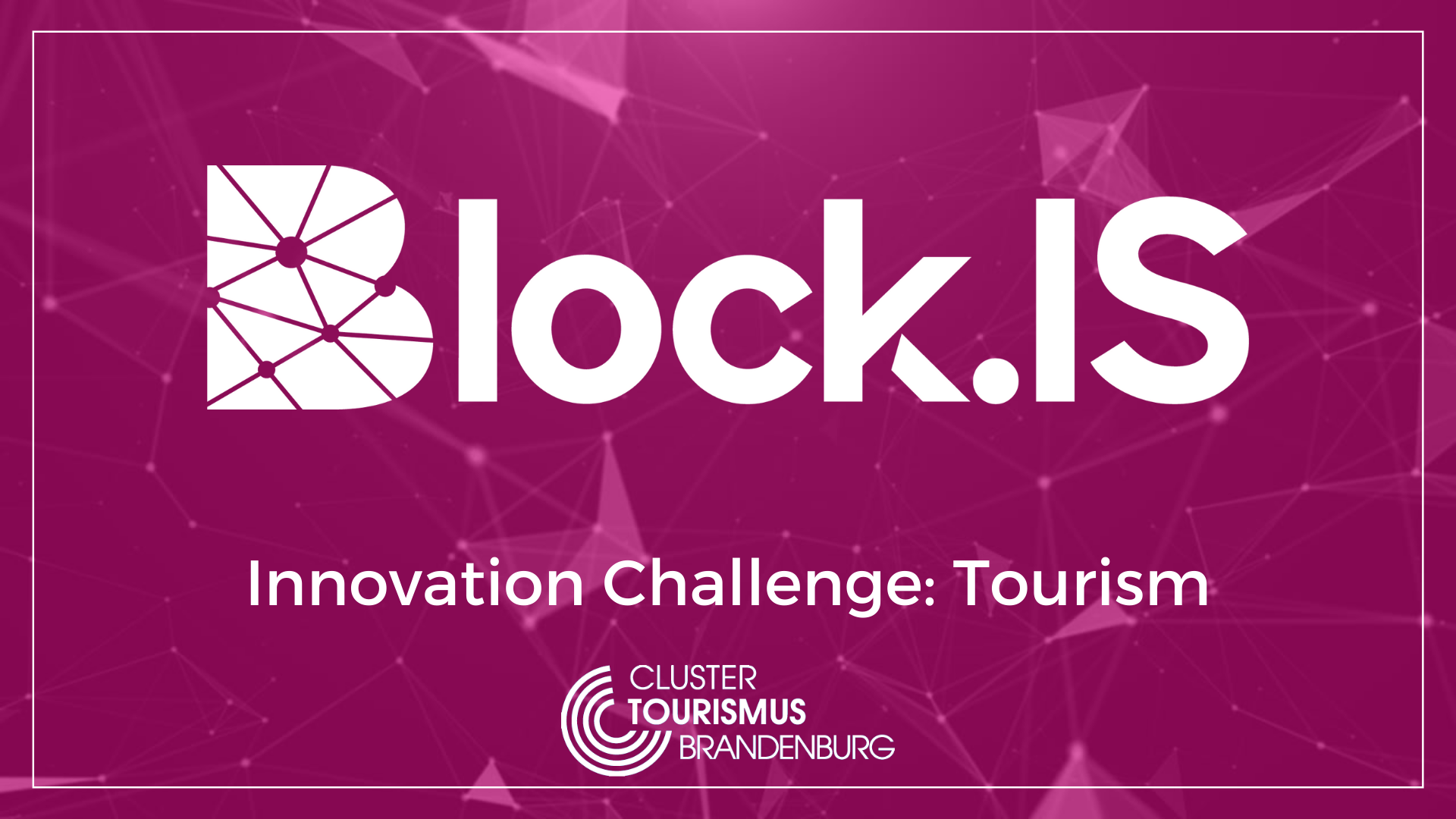Block.IS, the European Blockchain project accelerates innovation in the areas of agrifood, logistics and finance by supporting blockchain-based application proposals from market-oriented SMEs by investing up to 60.000€ (equity free) and offering mentoring services in the most promising SMEs.
The project aims at replicating successes from its three verticals (agrifood, logistics, finance) to other sectors, and it will organise 2 Innovation Challenges for innovative blockchain startups/SMEs. The top three (3) SMEs per challenge will receive €1.000 as a lump sum, while the winner of each challenge will receive an additional prize of €12.000*.
For each challenge there will be one external organization, the challenger, that will define a theme and the problem to be addressed. The theme will be announced with the challenge, though the exact problem will only be announced during the challenge kick-off.
The Challenge is set to be organised from November 2–5th, 2021.
- Kick-off: Nov 2, 2021 09:00 – 11:00 AM
- Business Mentoring: Nov 3, 2021 09:00 – 11:00 AM
- Technical Mentoring: Nov 3, 2021 14:00 – 16:00 PM
- Technical Mentoring: Nov 4, 2021 09:00 – 11:00 AM
- Pitching: Nov 5, 2021 14:00 – 17:00 PM
Deadline for each Block.IS Challenge application submission is until October 27th 2021, 17:00 CEST (Brussels Time).



